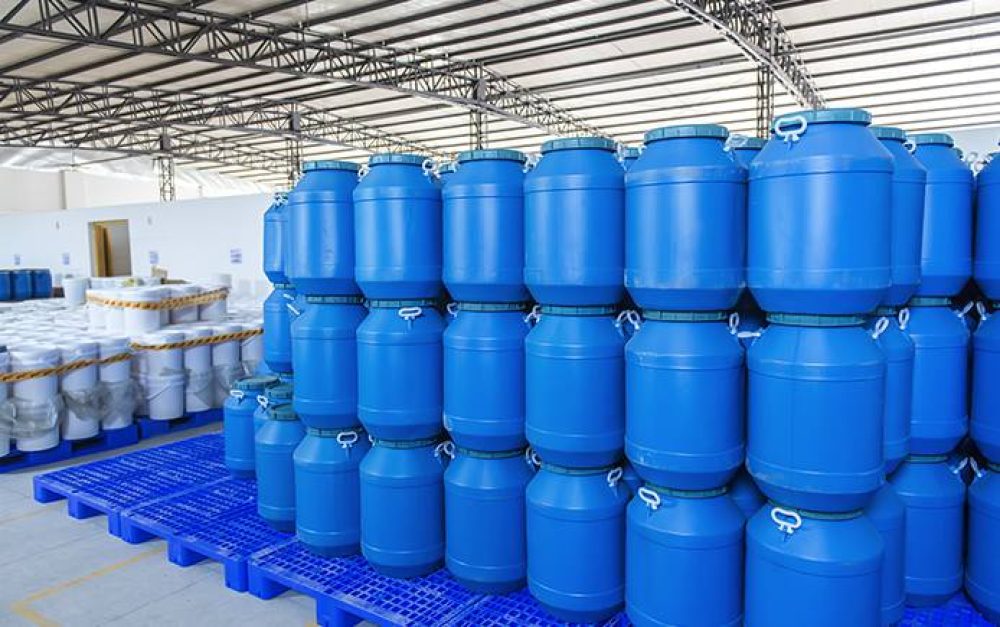Earlier this week the government of Switzerland announced that it will no longer allow exports of five pesticides that have long been banned in their own country due to known health and environmental harms. Given that pesticide industry giant Syngenta is based in Switzerland, this is incredibly significant — and very, very good news.
Earlier this week the government of Switzerland announced that it will no longer allow exports of five pesticides that have long been banned in their own country due to known health and environmental harms. Given that pesticide industry giant Syngenta is based in Switzerland, this is incredibly significant — and very, very good news.
The decision comes after increasing pressure from Pesticide Action Network (PAN) partner groups in Europe to stop allowing this egregious double standard in pesticide trade.
Switzerland-based Public Eye has been particularly focused on the issue over the past year, documenting both the huge industry-wide profits from highly hazardous pesticide (HHP) sales ($13.7 billion in 2017), and the impact of these chemicals on farmers, workers and communities in the Global South.
Syngenta’s exports in Brazil’s water
This week’s decision affects five pesticides which have been banned in Switzerland for many years. As of January 2021, Syngenta’s paraquat, atrazine, profenofos, diafenthiuron, and methidathion can no longer be exported from the country.
Earlier this year, Public Eye released a study documenting that Brazil imported 37 tons of profenofos from Syngenta in 2018. One of the chemicals included in the new export ban, profenofos is an organophosphate insecticide known to be extremely toxic to aquatic organisms, pollinators, and birds. It can also affect human brain development in ways similar to chlorpyrifos, which has been banned in Europe and several U.S. states.
Public Eye analyzed water sampling data from the Brazilian government and found profenofos residues contaminating the water supplies of tens of millions of people:
In one out of every ten samples, the levels of profenofos detected are such that the water would be considered unfit for consumption in Switzerland. The states of São Paulo and Minas Gerais are the most heavily affected.
Profenofos has been banned for use in Switzerland since 2005.
Swiss-banned “Polo” wreaks havoc in India
Another case documented and publicized by Public Eye is the poisoning of hundreds of cotton farmers and agricultural workers in the Maharashtra state in central India with the product diafenthiuron, marketed as “Polo” by Syngenta.
Diafenthiuron, also included in this week’s export ban, is an HHP known to be “toxic if inhaled” and can cause damage to multiple organs with chronic exposure.
According to government records unearthed by Public Eye, Switzerland exported 126.5 million tons of this pesticide in 2017, 75 million of which went to India. Diafenthiuron was banned in Switzerland in 2009.
The Swiss government’s decision this week was driven by public pressure shining a spotlight on the devastating impacts of exporting hazardous pesticides on communities around the world. Of course Syngenta is not alone; our partners in PAN Germany recently released a report documenting the scale of such exports from Germany, where the pesticide giant Bayer is based.
Momentum building to block toxic trade
The European Union (EU) is now considering taking action similar to that announced by Switzerland, which would be a tremendous win for farmers and communities in importing countries across the globe.
Sadly, here in the U.S., we seem to be heading in the opposite direction. Not only do exports remain unchecked, but officials at EPA continue to loosen controls in this country on use of pesticides that have long been banned elsewhere — including, most recently, atrazine (banned in the EU since 2003 and Switzerland since 2012) and chlorpyrifos (banned by the EU in 2019).
In his final public statement, released in July of this year, outgoing UN Special Rapporteur on toxics Baskut Tuncak called the export of banned pesticides a “deplorable practice” that must be stopped:
Wealthier nations often create double standards that allow the trade and use of prohibited substances in parts of the world where regulations are less stringent, externalising the health and environmental impacts on the most vulnerable.
Though long overdue, we hope Switzerland’s decision and the EU’s consideration of similar action signals a move to finally block this unjust practice.








